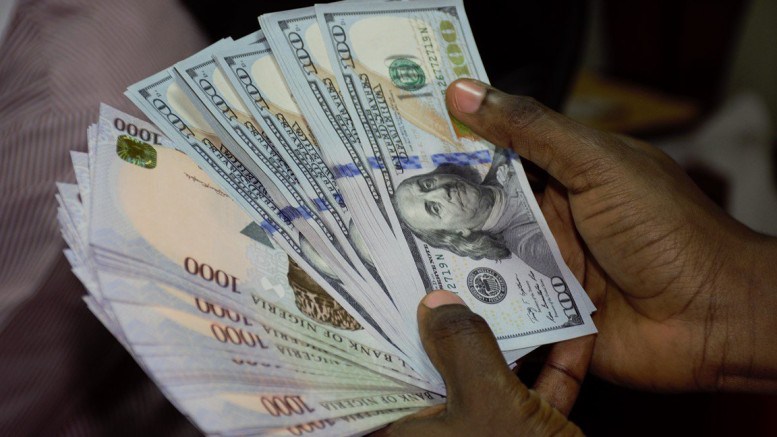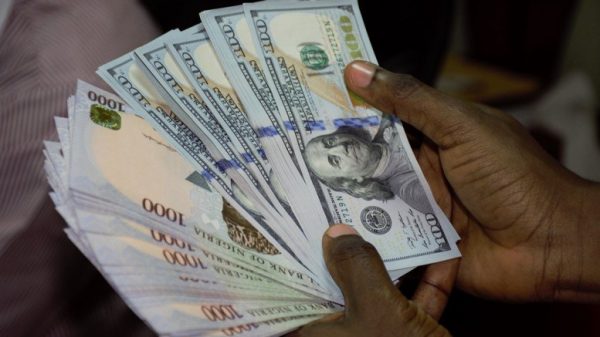The Central bank of Nigeria has indicated that it plans to put an end to Nigeria’s thriving parallel currency market. Officials of the country’s apex bank say the institution will be moving against the black market to curb what they describe as its negative impact on the Nigerian economy.
Minister of Finance, Mrs Kemi Adeosun, speaking at a conference on Tuesday explained that the CBN had been directed to set up a system “to eliminate the black market”, because “it was damaging the economy.”
The impending line of action was confirmed by the central bank’s director of corporate communications, Isaac Okorafor, who said that the aim of the said measure would be to ensure that the forex market “operates as effectively as we would envisage”. He, however, did not give any details about the measure or the possible time of its introduction.
The naira’s woes arose as a result of the fall in oil prices; Nigeria, being heavily dependent on oil exports for its supply of foreign currency, has seen its forex reserves shrink as crude prices have plummeted. As a result, the domestic currency has lost much of its exchange rate value, as it chases fewer dollars and pounds. The Central Bank had pegged the naira exchange rate at ₦197 to a dollar in March 2015 but abandoned the fixed system for a managed float in the second quarter of 2016- a move that has so far failed to close the gap between the official and parallel market rates.


